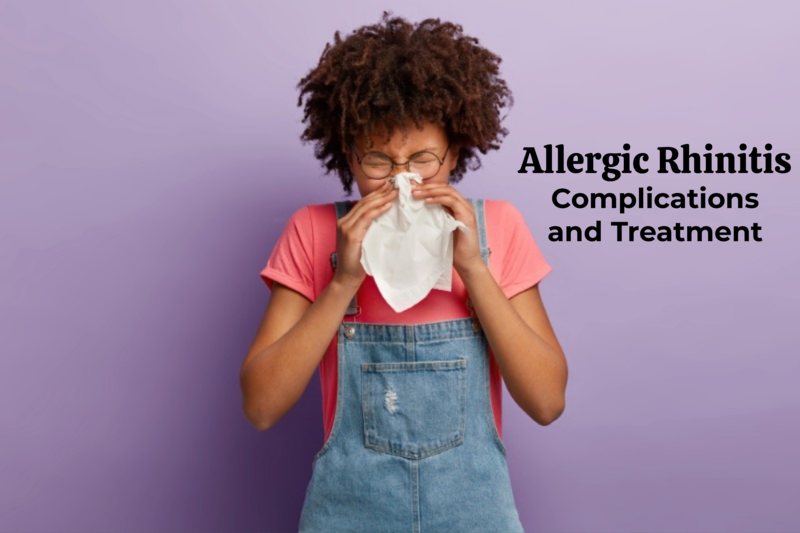Allergic Rhinitis: Complications and Treatment
The other name for allergic rhinitis is hay fever. Its common symptoms include runny nose, sneezing, itchy skin, throat, mouth, nose, and eyes. It may also consist of difficulty to smell. The best treatment for the disease is to avoid allergens that can trigger a reaction.
Some allergens include mold, plants, pollen, animal dander, and dust. It is however impossible to resist all of these allergens. Therefore, you may require additional medical treatment to relieve and treat allergic rhinitis. In case the condition is severe or moderate, immunotherapy can be cost-effective and one of the best options.
Allergic Rhinitis: Complications:
Allergic Rhinitis can affect the way you live your life. Many patients experience depression, fatigue, difficulty in paying attention, and sleep disturbances. However, when you do not treat allergic rhinitis, it may result in some complications.
These may include the following.
- Dysfunction of Eustachian tube.
- Infection of the upper respiratory tract.
- Chronic or acute sinusitis.
- Ear infection or otitis media.
- Chronic obstruction and inflammation of the nasal area can cause further complications in your airways.
- Sleep disturbances or sleep apnea.
- Dental problems as a result of excess breathing through the mouth.
Treatment for Allergic Rhinitis:
You cannot avoid most of the allergens but you decrease your exposure to an allergen that you suspect is triggering your allergic rhinitis. This can improve the symptoms.
In case you have a mild condition, you can take over-the-counter medications like antihistamines that are non-sedating. You can further rinse the nasal passages with a solution of salt water to keep away irritants from the nose.
If you are having any more difficulty, you can get in touch with a doctor. S/he may suggest a nasal spray or a stronger medicine.
Conclusion:
You can contact Dr. Seemab Shaikh to get treatment for allergic rhinitis. Book an Appointment Now!











